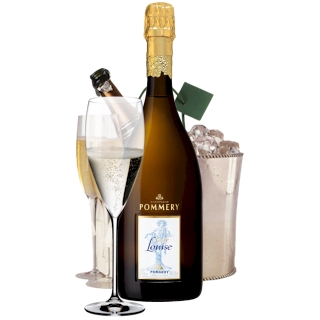


On a brightly moonlit Tuesday evening at around eleven o'clock on the Barossa to Clare road, two young blokes are cruising their way to work the midnight shift for the last vintage of the century, in a beat-up old Toyota Corolla. During the drive home, they would often crave a soft slurpy wine to wash down a hard night's work. Out of this ideal they decided to join forces and make a Grenache based wine to be enjoyed whenever the mood would take hold. As such Massena Vineyards first wine The Moonlight Run Grenache Shiraz Mataro Cinsault was born.
Massena source grapes from dedicated growers in the northwestern Barossa areas of Greenock, Kalimna and Koonunga Hill, providing fruit from dry farmed, low yielding vines up to 120 years of age. Whilst Massena work mostly with traditional Barossa varieties Shiraz, Grenache and Mataro, they also enjoy experimenting and trialling new Barossa varieties such as Petite Sirah, Barbera, Dolcetto, Roussanne, Saperavi and Tannat. In true artisanal style each vineyard section is kept separate during vinification and elevage, until the final blends are assembled. The aim is to produce wines that are true to the Barossa style, being rich, warm and generous.
The sixty year old Shiraz vines from Greenock that produce Eleventh Hour were ready to be uprooted due to the lack of yields and the reluctance of other companies to pay extra for this excellent fruit. After repeated requests for access to these grapes, at 'the eleventh hour' the growers decided to stop the bulldozer and retain a small area of these vines. The eleventh hour has a savoury, rustic personality which gives the wine an extra dimension at such a young age.
The Department of Primary Industries has an experimental vineyard in Nuriootpa, testing varieties for their ability to perform in the Barossa climate. Small parcels of fruit can be procured if you get in before anyone else. Barbero and Dolcetto are new to the Barossa’s viticultural landscape and are well suited due to their ability to ripen fully whilst retaining naturally high acid levels.
Durif has been a favourite of Massena for a long while due to its glass staining colour, rich heavy fruit flavours and the characteristic backbone of lush tannins. In fact, when people try this wine a faint howl may be heard as these tannins take hold of the mouth and linger on for minutes after. Massena also have released an exciting new Shiraz, The Looting Duke. Reminiscent of a young black wine of Cahors or Madiran, the looting duke boasts a dark, brooding and untamed personality. Rustic yet sensual, this intensely concentrated field blend promises a great future ahead. A mostly Shiraz wine with a component of Petite Sirah sourced entirely from Roger Mattschoss old block planted on Seppeltsfield Road in 1944. Extremely limited.